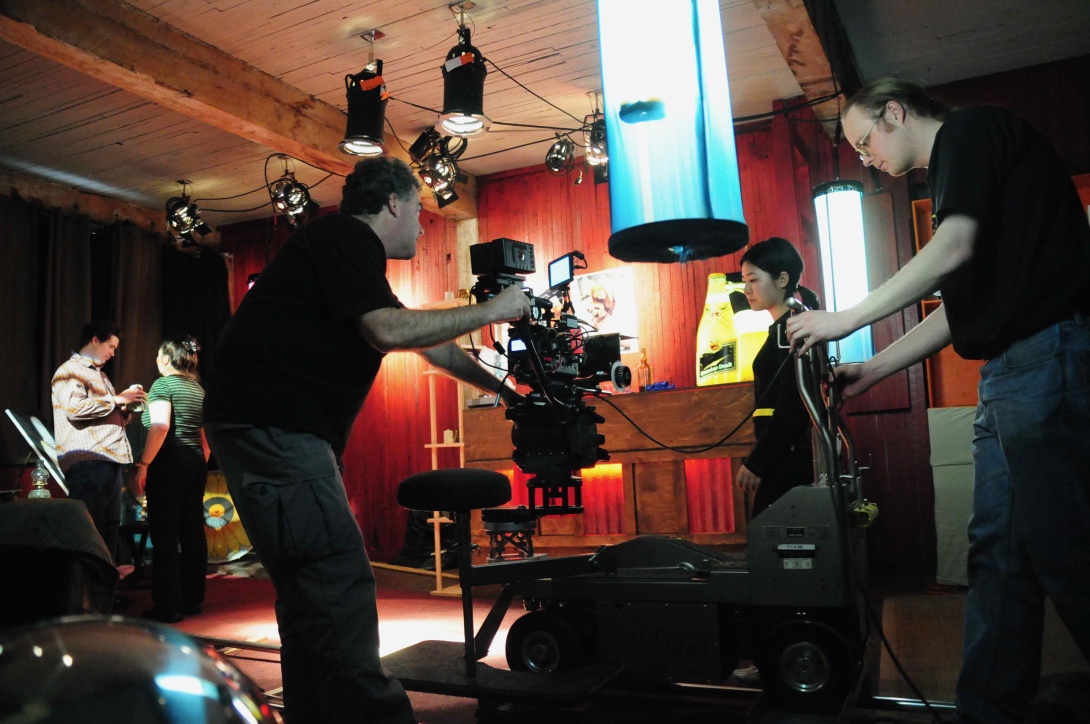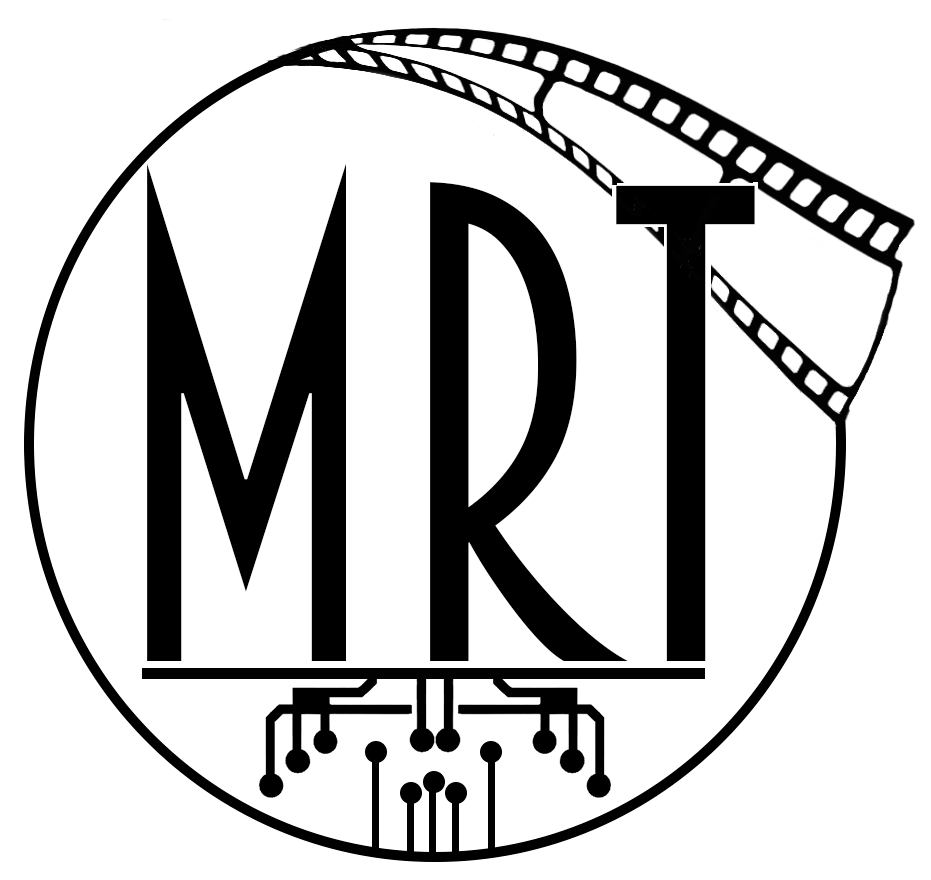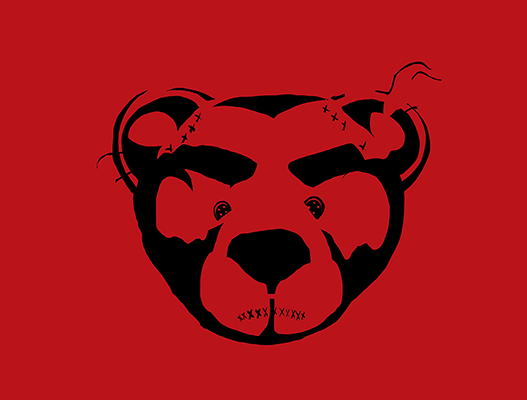
The photo above, was taken on the set of my short film "Grow the Fuck Up!", and was taken by the talented Colin Mills. This was a great crew, who really gave 200%. From right to left: Key Grip - Luke Campbell, 1st AC - Yuka Eto, Camera Operator - Peter Carty, Production Designer - Renee Fulsom, and myself Director/DOP - Chris Griffin.
Collaborative art can be the most fun you ever had, or a nightmare that never ends. It all depends on who you're working with, but also the context in which you're working with them.
Personally, the first collaborative art-form I engaged in was improv comedy. Nothing teaches you how to work creatively with others better than improv. I started out with a group of improv hobbyists called “Theatre on the Edge”, in Waterloo, Ontario, Canada. The troupe had been around for over a decade, when I got involved, and even though it was community theatre, they had skills. They were also super fun people, and I made good friends when I needed them. In the years to come, I took advanced improv workshops in Toronto, and later in Vancouver. The improvisers in those courses were awesome, but the courses lacked the camaraderie of TOTE.
Professionally, I've worked as an IATSE lighting technician since 2007. In lighting, we have a crew of four or more techs, sometimes over a dozen, depending on the gig. I've done a lot of stage hand work too, and crews on big rock concerts can be massive. There is no greater relief than being surrounded by professionals, who know their job, can take a joke, and know how to collaborate. In the technical trades, you are always coming up against obstacles that you can't wish away. Being on a crew where everyone thinks they know best is a nightmare. Being on a crew where no one offers any solutions, gets you nowhere. With a crew where people can add to each other's ideas, add new information, and accept when their own ideas might not work, gets the job done so much faster. It's a learned art knowing when to listen, when to offer an idea, and how to gauge how sure you are of yourself. If, as a director or producer, you can't get along with your crew, try spending some time working on a crew yourself, regardless of whether it's paid or volunteer. Collaboration isn't something you can learn from a book, you have to socialize yourself, and learn the ebbs and flows of functioning as a team, particularly without having a status advantage over those around you.
A good collaborator on one project, can be a horrible collaborator on another. Different projects have different requirements and involve different risks. On my short films, I had a lot of fun working with particular people. I wanted us all to rise together, maybe selfishly so. I tried to bring those friends/collaborators onto bigger projects I was developing, and I think the pressure of it got to them. I ended up showing more faith in them, than they did in me, which really deflated my own sense of worth. They felt unsure of themselves, and took it out on me. I pitched projects to production companies with actors attached, who I should not have attached. A lesson I learned, was that regardless of how talented an actor, writer, or director is, don't attach them unless they are well known, or so dedicated to the project that they are hounding you to get a move on. No matter how talented an unknown talent is, if their attitude is “sure I'll commit to your project, sounds fun, let me know when it's green-lit”, don't attach them. If you are risking everything on a major project, don't take risks on people who aren't willing to take risks on you. Nice Sentiments and compliments mean nothing, when talent doesn't come through on their end of things.
Ability should be the first thing you look for in actors, directors, DOPs, Editors, and the like, but attitude means so much as well. I co-wrote/co-produced/directed a rather successful short film, with a lot of ambitious cast/crew involved. It should have been more fun to make than it was; my other short films were a lot more fun to make. One issue I had was with my DOP. She was a very talented and dedicated cinematographer, and she worked well with the volunteers beneath her, but her ego kept getting in the way. She spent too much time complaining and worrying about her own reputation. We had a lot of talented and reliable people on our crew, and I found her attitude to be incredibly disrespectful to all the other collaborators, who were just as talented as her, and had just as much to lose. Honestly, it was a short film, so none of us had much to lose at all, and we ended up winning awards and getting a distribution deal, so there's that. I won't go into any more details, but her attitude became a problem in multiple situations, and that's the last time I worked with her. For my next couple of shorts, I worked with another DOP; he was as good as her, and was far more of a team player.
Honestly, I still haven't figured out the magic formula for finding the best collaborators for my more ambitious projects, but I've definitely learned some valuable lessons. I'm hoping by sharing those lessons, that you'll be able to avoid some of the painful mistakes I've made.
If you want to learn more about my, check out my website at www.angrybearfilms.com



Comments